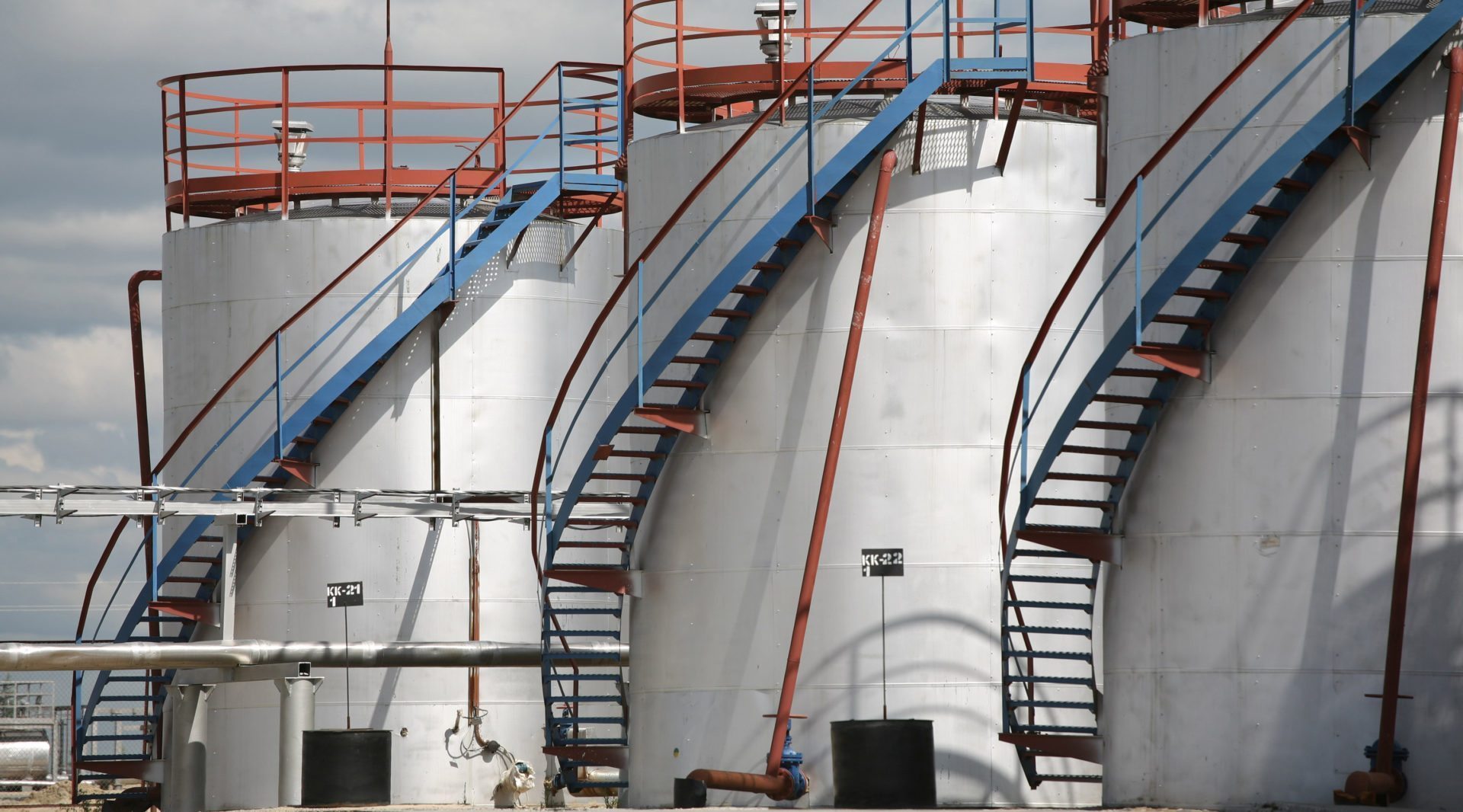

Oil ministry says it is doing everything possible to increase production
Iraqs oil ministry is looking at how it can reduce spending by foreign oil companies, according to a statement made by Oil Minister Abdel Abdul Mahdi on 19 January.
The ministry is discussing reducing financial spending by foreign companies operating within service contracts, he told a meeting of the oil fields joint management committees in Baghdad.
Abdul Mahdi added that the ministry is doing everything possible to increase production to cover the federal budget deficit resulting from the decline in oil prices.
Brent crude fell below $28 a barrel on 18 January amid fears that the removal of western sanctions on Iran could worsen the existing global oil glut.
Iraqs existing technical service contracts see international oil companies paid a flat fee for each barrel of oil produced.
These fees consumed around ten per cent of the countrys oil revenues when prices were above $100 a barrel in 2014, but as oil prices have dropped the fees have put an increased strain on the countrys budget.
In October 2015 Iraqs finance minister said the country was predicting its fiscal deficit to hit 11.9 per cent of economic activity in 2016.
Since then the countrys economic outlook has worsened.
The countrys budget for 2016 is based on an oil price of $45 a barrel, meaning revenue will likely be significantly less than projected and the deficit will come in above the expected 11.9 per cent.
Due to ongoing budget problems the 2016 project budgets for major upstream schemes are yet to be approved by Baghdad.
On 17 January an industry source told MEED that BP still hasnt received the green light for its proposed budget for the $2.5bn Rumaila oilfield development.
The West Qurna-2 Mishrif Full Field Development, another upstream megaproject that is estimated to be worth $2.5bn, is also facing budget problems.
On 14 January Lukoil, the Russian company that operates the field, told MEED that it is yet to reach a final agreement on the 2016 budget for the project and negotiations were continuing with Baghdad
Iraq is OPECs second-largest producer and generates 95 percent of its public budget from oil sales.
You might also like...

Partanna and Saudi firm tests carbon negative concrete
25 April 2024

Hassan Allam and Siemens confirm Hafeet Rail award
24 April 2024

UAE builds its downstream and chemical sectors
24 April 2024

Acwa Power eyes selective asset sales
24 April 2024
A MEED Subscription...
Subscribe or upgrade your current MEED.com package to support your strategic planning with the MENA region’s best source of business information. Proceed to our online shop below to find out more about the features in each package.





